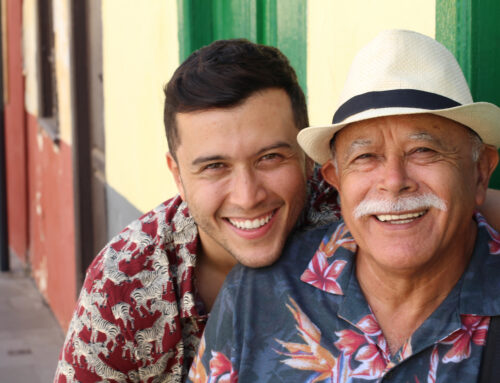People are often confused about the differences between home health care, palliative care, and hospice care due to how similar they can appear on the surface. While they are similar in some respects, they have subtle differences in key areas.
5 Key differences between home health care, palliative care, and hospice care
1 – Timing of Care:
- Q: When is each type of care appropriate?
- A: Home care can be provided at various stages of illness or recovery, while palliative care is introduced during serious illnesses regardless of the curative treatment stage. Hospice care is for the end-of-life stage when curative treatment is unlikely to result in a cure.
2 – Focus on Cure vs. Comfort:
- Q: Is palliative and hospice care only for those no longer seeking a cure?
- A: Palliative care can be provided alongside curative treatments, focusing on symptom management and overall well-being. Hospice care, however, is specifically for those no longer seeking curative treatment and prioritizes comfort and quality of life.
3 – Services Provided:
- Q: What services do each type of care offer?
- A: Home care provides medical and non-medical services to aide recovery or management of chronic conditions. Palliative care addresses the holistic needs of those facing serious illness. Hospice care includes comfort-focused care, pain management, emotional support, and bereavement services.
4 – Duration of Care:
- Q: How long does each kind of care last?
- A: Home care can be short-term or long-term, depending on the patient’s needs. Palliative care can be provided over an extended period alongside curative treatments. Hospice care is typically provided in the last six months of life, but the duration can vary based on the patient’s condition.
5 – Location of Care:
- Q: Where would we get each type of care?
- A: Home care is provided in the individual’s home. Hospice care can be provided at home, in an assisted living facility, a skilled nursing facility, and in some cases, in a hospice in-patient facility.
What are home health care, palliative care, and hospice care?
Now that we’ve touched upon some of the key differences, let’s focus on each specific type of care. Home health care, palliative care, and hospice care are all distinct types of healthcare services that serve different purposes.
Home Health Care:
- Purpose: Home health care is designed to provide medical and non-medical services to patients in the comfort of their homes.
- Focus: It focuses on helping them recover from illness or surgery, manage chronic conditions, or receive necessary care and support.
- Services: Services may include nursing care, physical therapy, occupational therapy, speech therapy, medication management, and assistance with daily activities.
- Duration: Home health care is often provided on a short-term basis during a period of recovery.
Palliative Care:
- Purpose: The goal of palliative care is to improve quality of life for patients and families who have chronic or life-limiting illnesses.
- Focus: Palliative care focuses on maintaining and improving quality of life through pain and symptom management, psycho-social/spiritual support and establishing realistic expectations and goals of care.
- Services: Palliative care can be provided alongside curative treatment and is not limited to end-of-life situations. It may involve a team of healthcare professionals, including doctors, nurses, social workers, and chaplains.
- Duration: Palliative care can be provided over an extended period, even alongside curative treatments.
Hospice Care:
- Purpose: The goal of hospice care is to improve quality of life for patients and families who are coping with life-limiting and/or end stage illnesses. Hospice care is a specialized form of palliative care for those certified to have a limited life expectancy that choose to be as comfortable as possible rather than to pursue further curative treatment.
- Focus: The primary focus is on providing comfort, managing symptoms, and supporting the patient and their family emotionally, socially, and spiritually.
- Services: Hospice care includes medical care, pain management, counseling, and assistance with daily activities. It also provides bereavement support for the family after the patient’s passing.
- Duration: Hospice care is typically provided in the last six months of life, but the duration can vary based on the patient’s condition.
While home health care focuses on recovery and rehabilitation at home, palliative care aims to improve the quality of life for individuals with serious illnesses, and hospice care is tailored for those in the final stages of serious illness, providing comfort and support when their focus turns from seeking a cure to seeking quality of days for the time that remains.





